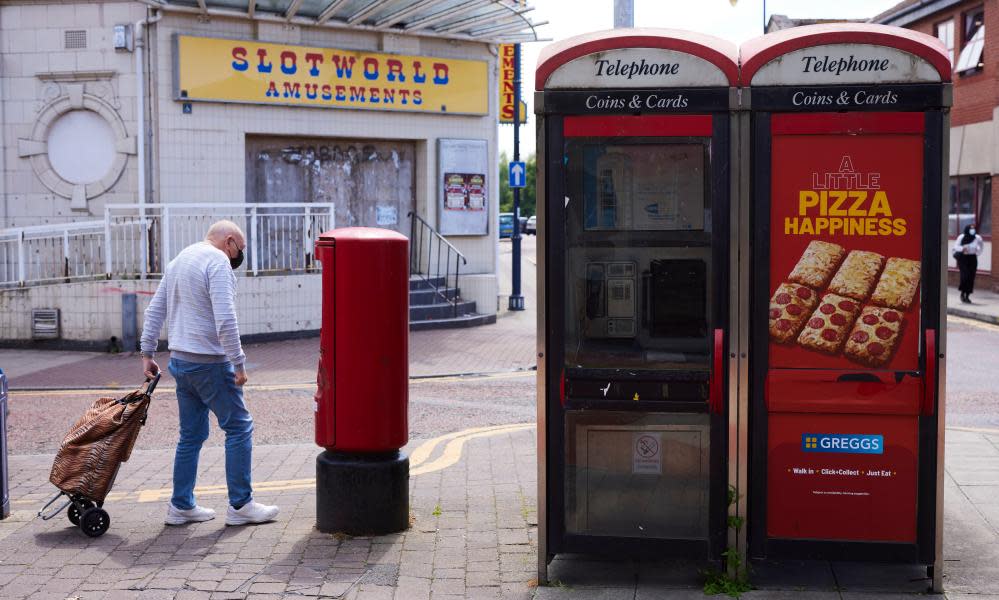Rich countries that let inequality run rampant make citizens unhappy, study finds

Countries that allow economic inequality to increase as they grow richer make their citizens less happy, a new study shows.
Until now, researchers have believed that inequality was largely irrelevant to levels of life satisfaction, according to Dr David Bartram at the University of Leicester.
But his study of 78 countries spanning four decades – the largest longitudinal research of its kind – punctures that myth, he said.
“When inequality increases, people with high incomes don’t benefit much from their gains – many rich people are focused on those who have even more than they do, and they never feel they have enough,” Bartram said.
“But people who earn little really suffer from falling further behind – they feel excluded and frustrated by not being able to keep up even with people who receive average incomes.”
Bartram’s research, which is due to be presented at the British Sociological Association’s online annual conference on 21 April, examined survey data of life satisfaction levels, where people rate their life satisfaction on a scale of one to 10, and linked it to Gini coefficient numbers – a measure of inequality – from 1981 to 2020.
In 1981, as the UK was gripped by a recession, life satisfaction stood at 7.7. But during the economic boom of the 1980s, inequality grew, and the research shows that the happiness figure dropped to 7.4 by 1999.
However, as measures to reduce inequality began to take effect, happiness slowly returned so that by 2018, life satisfaction stood at 7.8.
“The data from the UK feeds into a more general finding – in wealthy countries increased inequality has a substantial negative impact on life satisfaction, and inequality has increased in most wealthy countries in recent decades,” Bartram said.
This link between higher inequality and lower life satisfaction is repeated elsewhere, Bartram said.
Any country that moved from the lowest quarter of countries in terms of inequality to the highest quarter saw a decrease in life satisfaction of about 0.4 on the 10-point scale, he found.
India’s life satisfaction declined from 6.7 in 1990 to 5.8 in 2006 as inequality rose. By 2012 it was still lower than in 1990, despite the country’s prolonged economic boom.
The US and Australia also both saw pronounced falls in life satisfaction, but those countries where inequality had fallen were generally happier, such as Poland, Peru, Mexico and Ukraine, before the Russian invasion.
The lesson for policymakers is that inequality matters, Bartram said.
“In some of the previous research, you see people saying ‘inequality isn’t that big a deal, so all efforts to address inequality are misguided because inequality is beneficial’.
“I think that’s misguided – inequality is generally damaging to people’s life satisfaction so we should pay attention to efforts to mitigate it,” he said.

 Yahoo News
Yahoo News 
